- contact@laparoscopyadvice.com
- General Practice Hospital, G-9/2 Islamabad
- Mon - Fri: 10:00 am - 7:00 pm
Visiting Hours
| Mon - Fri: | 8:00 am - 8:00 pm |
| Saturday: | 9:00 am - 6:00 pm |
| Sunday: | 9:00 am - 6:00 pm |
Gallery Posts

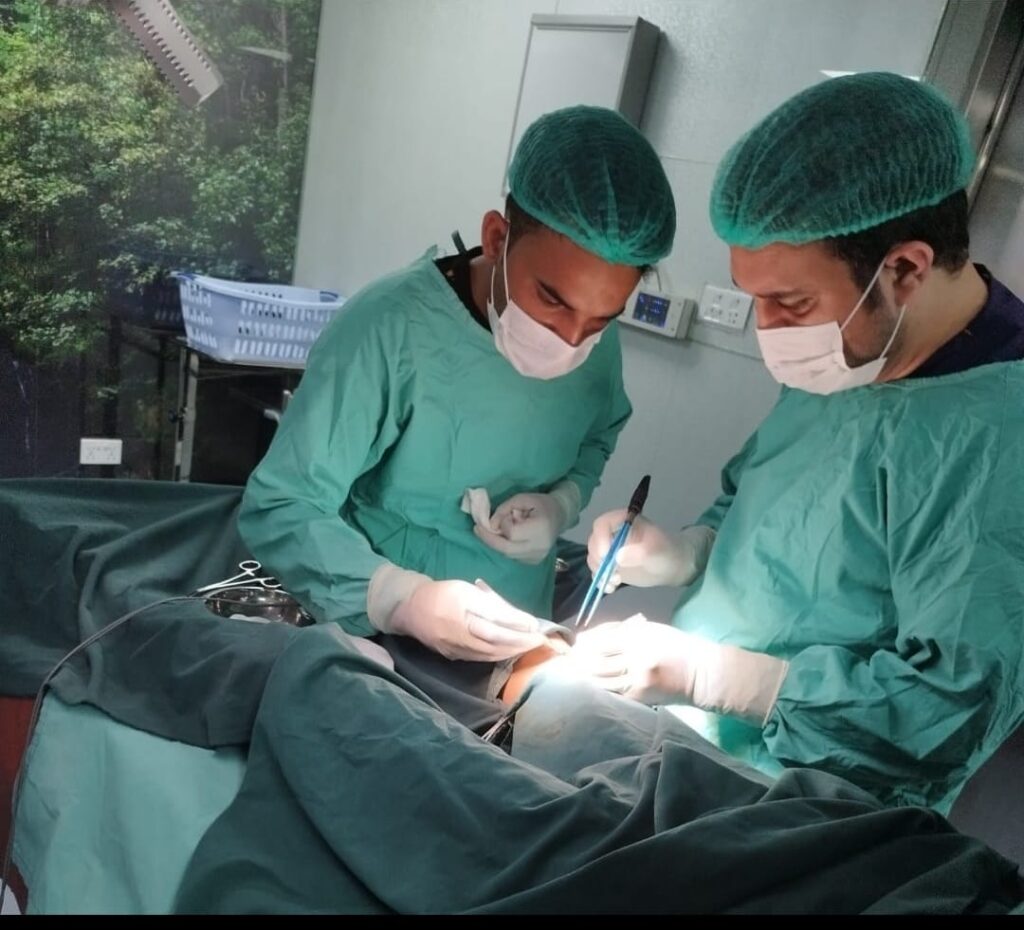
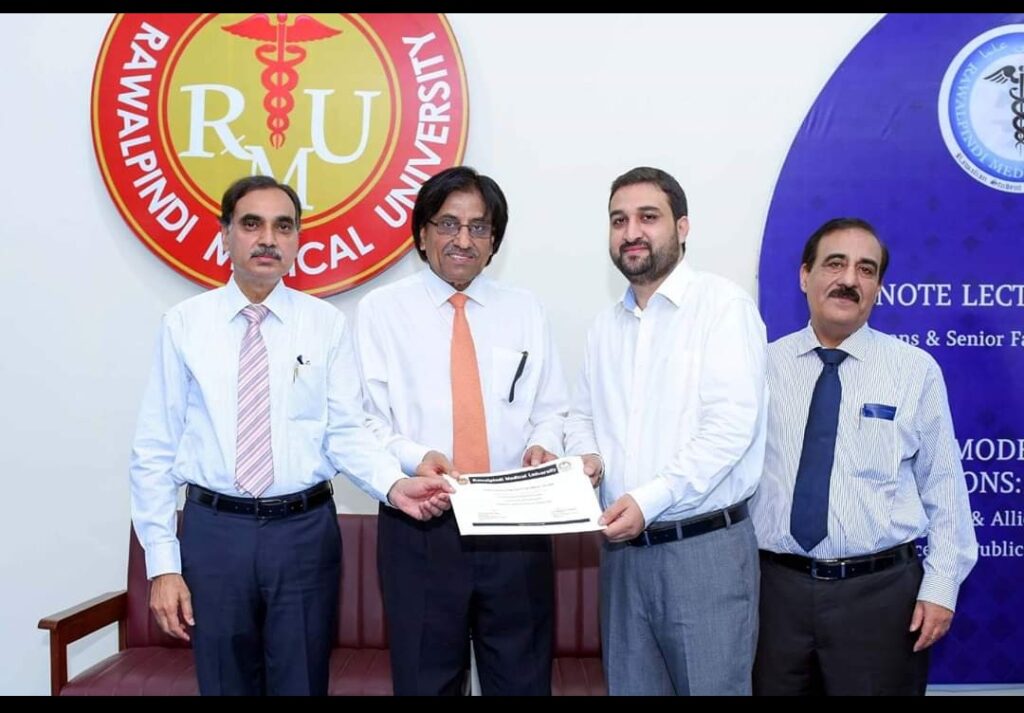
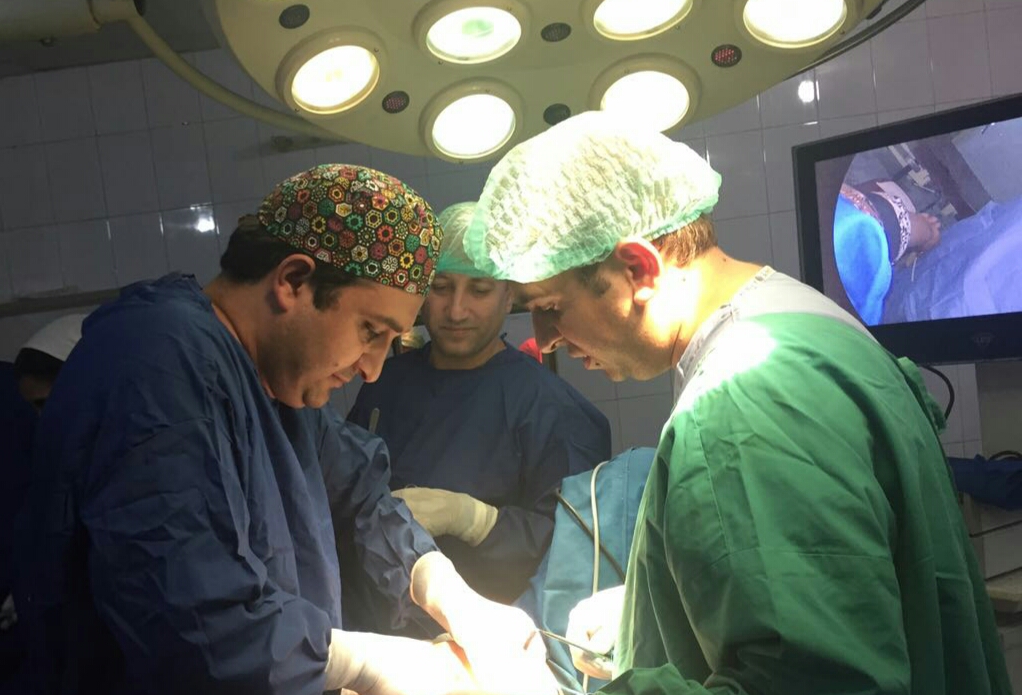
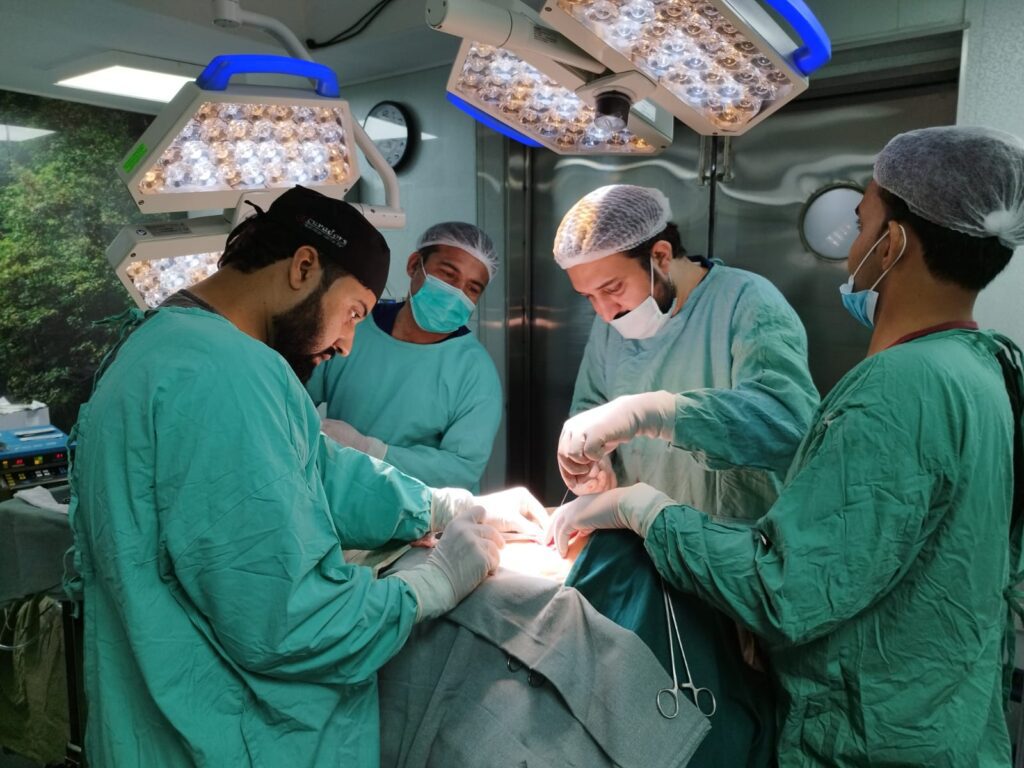

| Mon - Fri: | 8:00 am - 8:00 pm |
| Saturday: | 9:00 am - 6:00 pm |
| Sunday: | 9:00 am - 6:00 pm |






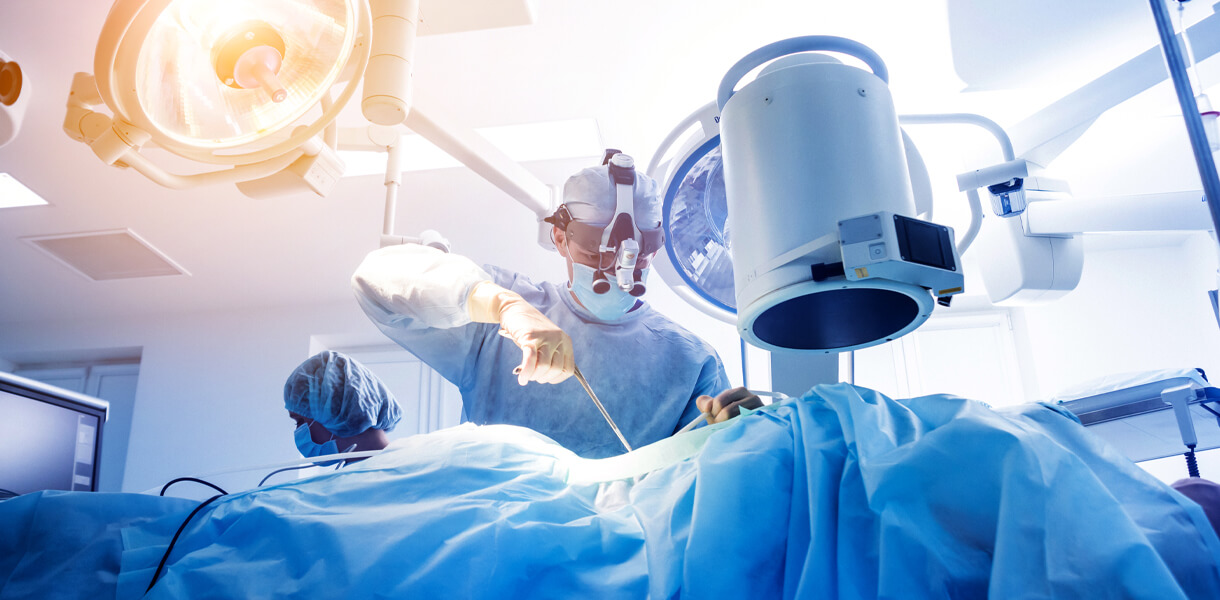
Introduction
Endometriosis is a complex and often painful health condition that affects many women globally. This article aims to provide comprehensive insights into endometriosis, emphasizing the importance of awareness, early diagnosis, and effective management strategies.
Understanding Endometriosis
Endometriosis is a condition in which tissue similar to the lining of the uterus, called endometrium, grows outside the uterus. This tissue may be found on the ovaries, fallopian tubes, or other pelvic structures. Understanding the nature of endometriosis is crucial for individuals and healthcare professionals alike.
Causes and Factors Contributing to Its Development
The exact cause of endometriosis is not fully understood, but several factors, including genetic predisposition, hormonal imbalances, and retrograde menstruation, contribute to its development.


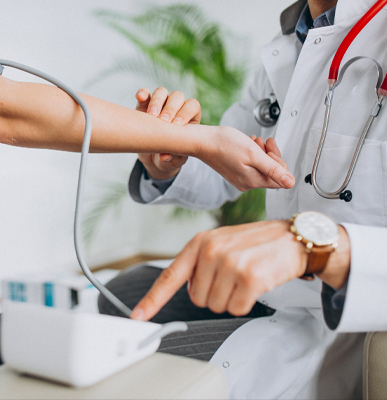
Signs and Symptoms
Endometriosis manifests with a variety of symptoms that can significantly impact a person’s quality of life. Recognizing these symptoms is key to seeking timely medical intervention.
Variations in Symptoms Based on the Severity of the Condition
The severity of endometriosis varies among individuals. While some may experience mild discomfort, others may face debilitating pain and fertility challenges. Understanding these variations helps tailor treatment plans.
Diagnosis
Accurate diagnosis of endometriosis involves a combination of clinical evaluation, pelvic exams, imaging studies, and often laparoscopy. Prompt and precise diagnosis is crucial for effective management.
The Role of Pelvic Exams, Imaging Studies, and Laparoscopy
Pelvic exams and imaging studies provide initial insights, but laparoscopy, a minimally invasive surgical procedure, is often required for a definitive diagnosis and to assess the extent of endometriotic lesions.
Impact on Quality of Life
Endometriosis can significantly impact both physical and emotional well-being. Understanding these effects is essential for comprehensive care.
Coping Mechanisms and Support Systems
Coping with the physical and emotional toll of endometriosis requires a multidimensional approach. Support groups, counseling services, and a robust support system play crucial roles in managing the challenges.
Treatment Options
Managing endometriosis involves various modalities aimed at alleviating symptoms and improving quality of life.
Considerations for Pain Management, Hormonal Therapy, and Surgery
Pain management strategies, hormonal therapies, and, in severe cases, surgery are options for individuals with endometriosis. Tailoring the treatment plan to the individual’s needs is essential for optimal outcomes.
Lifestyle and Self-Care
Incorporating lifestyle adjustments and self-care practices can complement medical interventions.
Recommendations for Lifestyle Adjustments and Self-Care Practices
Dietary considerations, regular exercise, stress management, and adequate sleep contribute to overall well-being and may help alleviate some symptoms of endometriosis.
Fertility and Endometriosis
Endometriosis can impact fertility, and individuals planning to conceive may need specialized care.
Options and Considerations for Individuals Planning to Conceive
Exploring fertility preservation options, assisted reproductive technologies, and consulting fertility specialists are important aspects for those with endometriosis who wish to conceive.
Management of Symptoms During Menstruation
Symptoms of endometriosis often intensify during menstruation. Effectively managing symptoms during this time is crucial for improved comfort and emotional well-being.
Coping with Endometriosis Symptoms During Menstruation
Implementing strategies for pain relief, emotional support, and open communication with healthcare providers contributes to a more manageable menstrual experience.
Support and Advocacy
Engaging in support groups and advocating for endometriosis awareness and research are vital components of managing this condition on a broader scale.
The Importance of Support Groups and Community for Individuals with Endometriosis
Connecting with others who share similar experiences fosters understanding and provides valuable insights. Additionally, advocacy efforts contribute to increased awareness and improved research initiatives.
Frequently Asked Questions (FAQs)
1. Can endometriosis be cured?
While there is no cure for endometriosis, various treatment options are available to manage symptoms and improve quality of life. Individualized care plans are essential.
2. Does pregnancy alleviate endometriosis symptoms?
Pregnancy may temporarily alleviate endometriosis symptoms for some individuals. However, it is not a guaranteed cure, and symptoms may return after childbirth.
3. Is endometriosis only associated with pelvic pain?
Endometriosis can cause pelvic pain, but it can also manifest with a range of symptoms, including painful periods, pain during intercourse, and gastrointestinal issues.
4. Can endometriosis affect mental health?
Yes, the chronic pain and emotional toll of endometriosis can impact mental health. Seeking support from mental health professionals and support groups is crucial.
5. Is there a link between endometriosis and certain cancers?
Current research suggests a potential association between endometriosis and an increased risk of certain cancers, such as ovarian cancer. Regular monitoring and discussions with healthcare providers are essential.
| Mon - Fri: | 9:00 am - 7:00 pm |
| Saturday - Sunday: | Off |
Copyright 2023 Adil's Laparoscopy World | Powered by Dynaamx